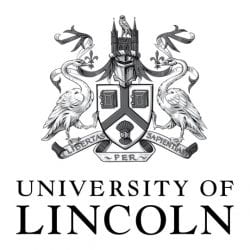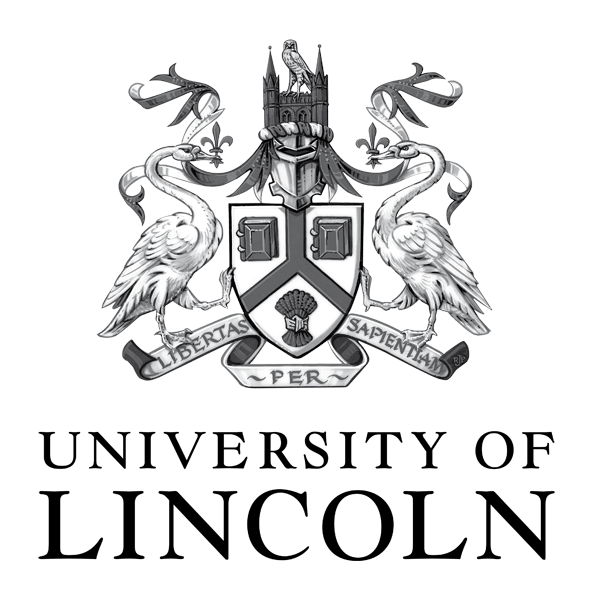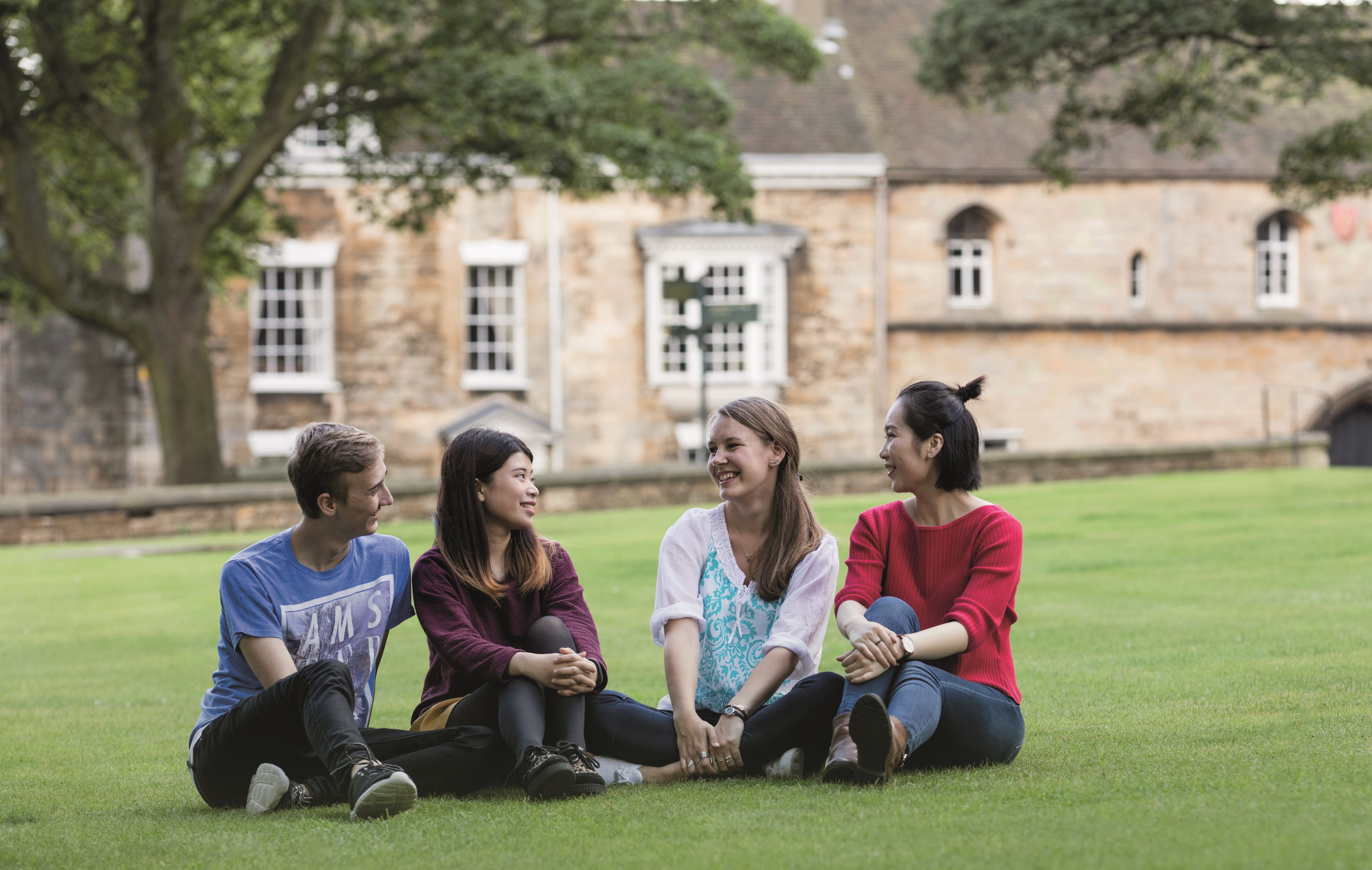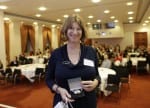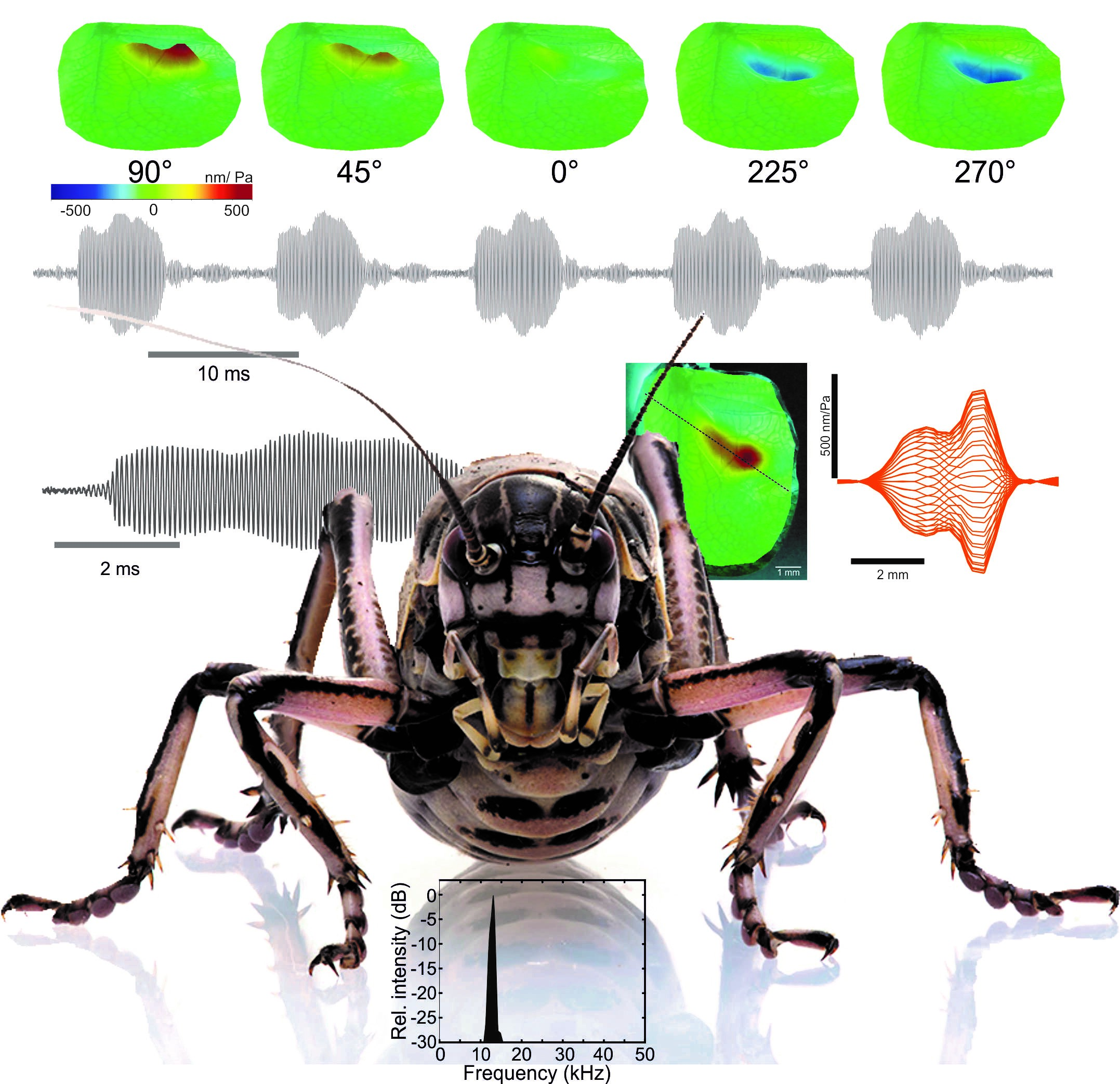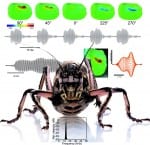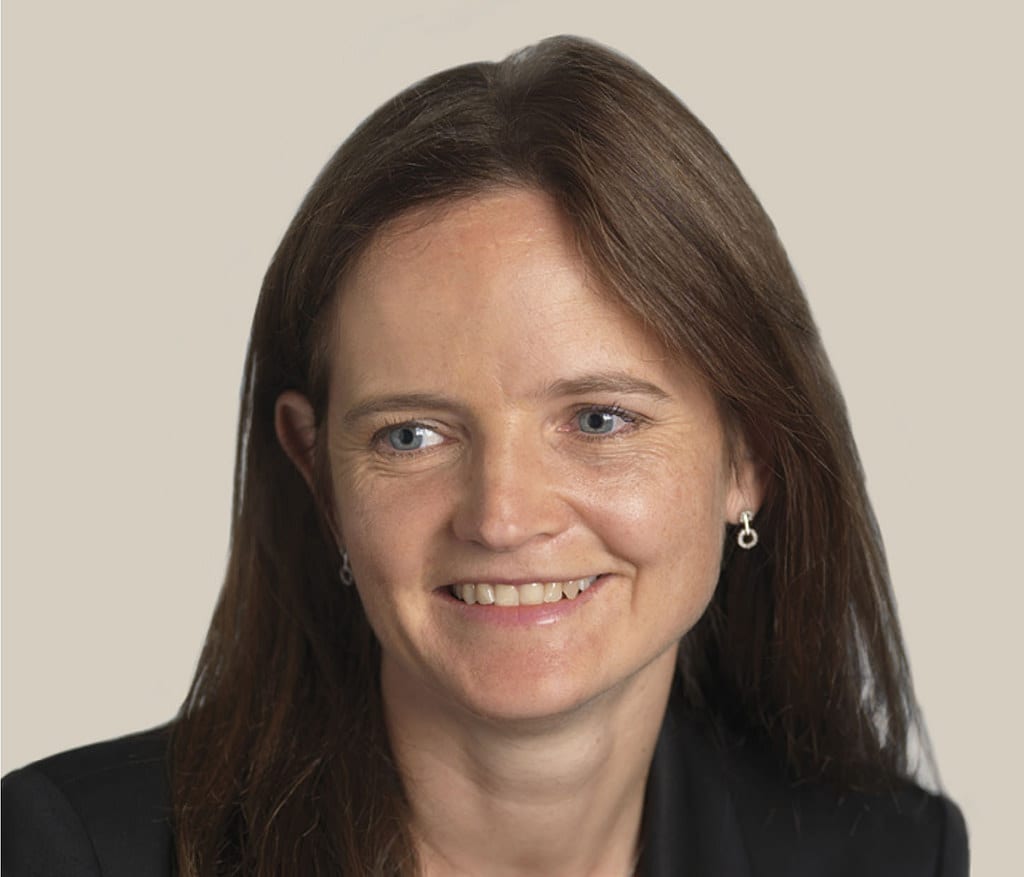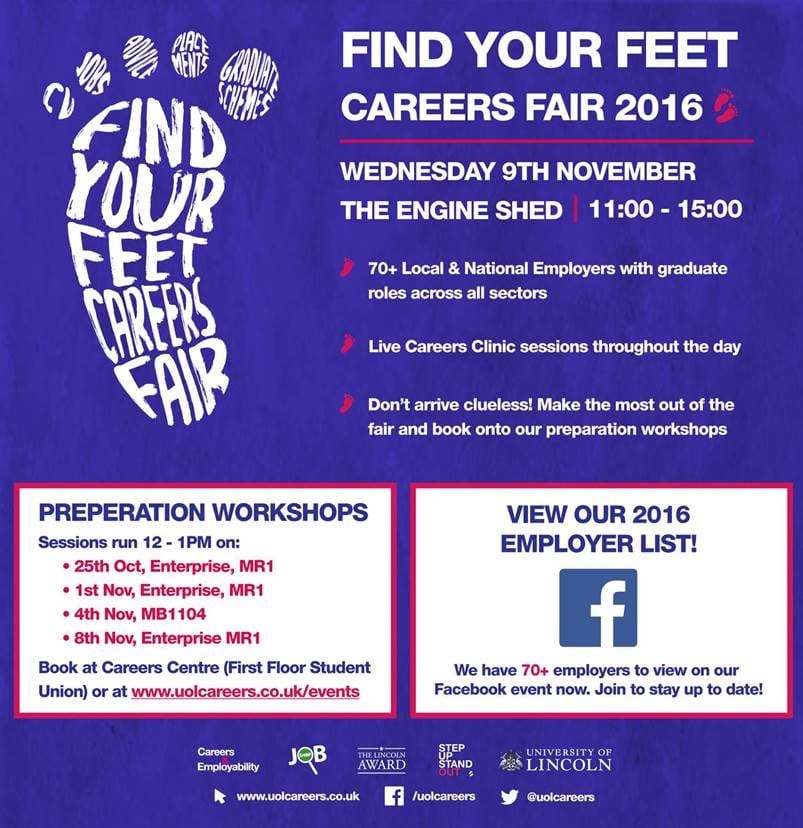 Valentine’s Day is traditionally the day to celebrate a great love – and the University of Lincoln is pushing its passion for learning with a new competition that aims to inspire the next generation of scholars through famous quotes about education.
Valentine’s Day is traditionally the day to celebrate a great love – and the University of Lincoln is pushing its passion for learning with a new competition that aims to inspire the next generation of scholars through famous quotes about education.
To mark the launch of the University’s new-look website, a series of five famous quotes which inspire and encourage learning have been hidden throughout the thousands of pages on the University’s website today (Wednesday 14th Februar 2018) – and the first 25 people to find them will win a Darcy Dog cuddly toy which comes with its own miniature University of Lincoln hoody.
A clue about where to start hunting in the quest to squirrel out the quotes whic have been hidden for the #lovelearning competition can be found in five core themes central to the University: research, student life, business engagement, studying at Lincoln, and the alumni community.
To win a Darcy Dog, visitors to the site need to find the #lovelearning quote on one of the pages on the website, screenshot the page showing the quote in full, then tweet or post to Instagram @unilincoln or share it on the University’s Facebook page, /universityoflincoln.
The first quote to uncover is from the former South African President, Nelson Mandela, when he said: “Education is the most powerful weapon which you can use to change the world.” The second was spoken by one of the United States of America’s founding fathers, Benjamin Franklin: “Tell me and I forget. Teach me and I remember. Involve me and I learn.”
The third comes from educational activist and Nobel Prize laureate, Malala Yousafzai, who in an address to the United Nations said: “One child, one teacher, one book, one pen can change the world.”
The fourth quote comes from Alfred, Lord Tennyson, a Lincolnshire son who has also had a building on the University’s Brayford Pool campus named after him. He penned: “Knowledge comes, but wisdom lingers.”
The fifth is from William Shakespeare: “Ignorance is the curse of God; knowledge is the wing wherewith we fly to heaven.”
Five prizes are available for each of the five hidden quotes, making 25 prizes in total. The first five successful entrants for each quote will win a prize.
Entrants must be contactable to be able to claim their prize, and winners will be announced on 21st February 2018. Full terms and conditions can be found on the University of Lincoln website, www.lincoln.ac.uk.
